Uncategorized
-
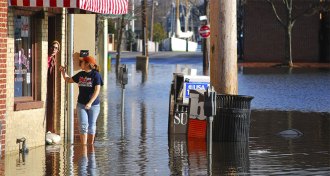 Climate
ClimateTidal floods driven by climate change may hurt small businesses
Parking data from Annapolis, Md.’s historic downtown shows how tidal flooding, driven by sea rise, can hurt local business.
By Sujata Gupta -
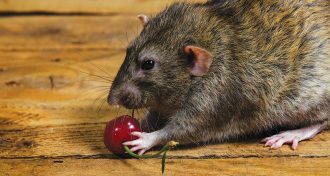 Neuroscience
NeuroscienceBrain cells combine place and taste to make food maps
A select group of brain cells responds to both flavor and location, a specialty that may help an animal find the next good meal.
-
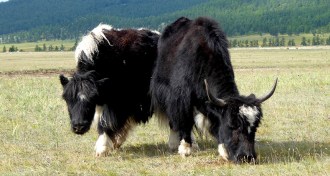 Archaeology
ArchaeologyTooth plaque shows drinking milk goes back 3,000 years in Mongolia
The hardened plaque on teeth is helping scientists trace the history of dairying in Mongolia.
-
 Chemistry
ChemistryWhy some Georgia O’Keeffe paintings have ‘art acne’
Tiny protrusions are from chemical reactions in the paint, say scientists who developed an imaging method that could help curators track the knobs.
By Jeremy Rehm -
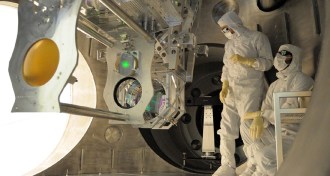 Quantum Physics
Quantum PhysicsLIGO will be getting a quantum upgrade
Quantum squeezing of light will help scientists make better gravitational wave detectors.
-
 Psychology
PsychologySTEM professors’ beliefs on intelligence may widen the racial achievement gap
Seeing intelligence as fixed can result in lower grades, especially for certain minorities
By Bruce Bower -
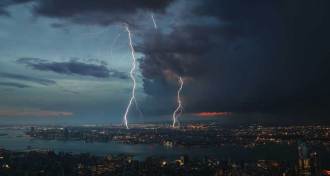 Earth
EarthMuons reveal the whopping voltages inside a thunderstorm
Particle physics sheds new light on the electric potential of thunderstorms.
-
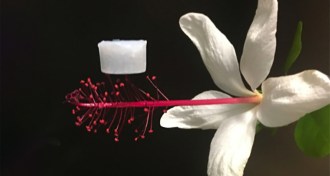 Materials Science
Materials ScienceA new insulation material is practically weightless yet still durable
Extreme heat and temperature swings are no match for this lightweight insulator.
-
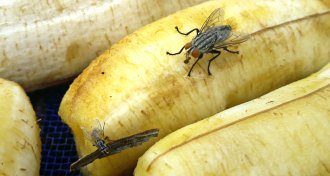 Climate
ClimateClimate change could increase foodborne illness by energizing flies
Warmer, more lively house flies could spread more Campylobacter bacteria by landing on more food.
By Susan Milius -
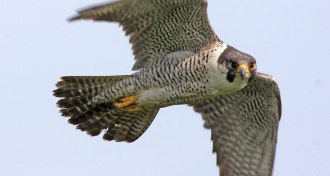 Animals
Animals50 years ago, DDT pushed peregrine falcons to the edge of extinction
In 1969, peregrine falcons were at risk of extinction. But a ban on the pesticide DDT and new captive breeding programs allowed the raptors to recover.
-
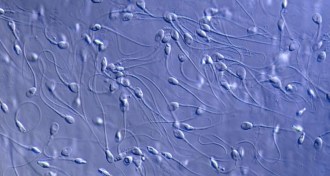 Life
LifeSlow sperm may fail at crashing ‘gates’ on their way to an egg
A new study describes how sperm navigate narrow straits in the reproductive tract’s obstacle course to reach an egg.
-
 Planetary Science
Planetary ScienceAfter 15 years on Mars, it’s the end of the road for Opportunity
After 15 years of exploring Mars, a dust storm led to the demise of NASA’s longest-lived rover.